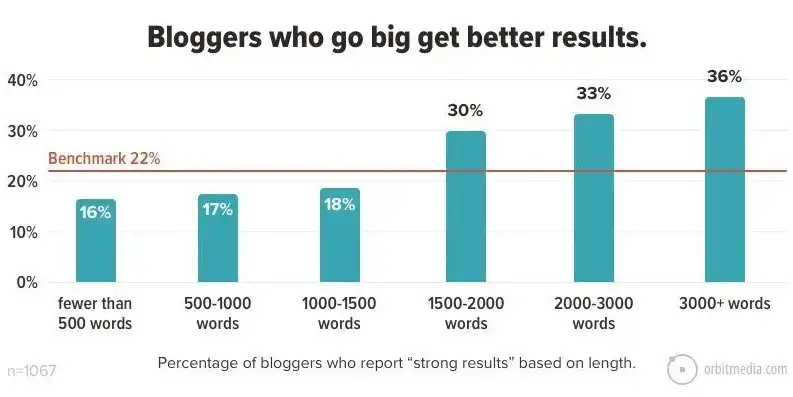Content:
In the digital age, big data has emerged as a transformative force, reshaping industries and altering the way we perceive information. However, like all powerful tools, it comes with its own set of advantages and disadvantages. This essay delves into the multifaceted nature of big data, exploring its benefits and potential pitfalls.
Advantages of Big Data:

图片来源于网络,如有侵权联系删除
First and foremost, big data enables businesses and organizations to make informed decisions based on extensive, real-time data analysis. This capability can lead to improved efficiency, cost savings, and innovative solutions. For instance, in the healthcare industry, big data analytics can predict disease outbreaks, personalize treatment plans, and optimize hospital operations.
Moreover, big data fosters a culture of continuous improvement and innovation. Companies can identify trends and patterns that were previously undetectable, allowing them to anticipate market demands and stay ahead of the competition. This is particularly evident in the retail sector, where big data-driven insights have revolutionized supply chain management, inventory control, and customer relationship management.
Another significant advantage of big data is its potential to enhance public safety and security. By analyzing vast amounts of data, law enforcement agencies can identify potential threats, predict criminal activities, and allocate resources more effectively. Additionally, big data can improve disaster response and management, as it allows authorities to track and analyze the spread of natural disasters and coordinate relief efforts.
Disadvantages of Big Data:

图片来源于网络,如有侵权联系删除
Despite its numerous benefits, big data is not without its drawbacks. One of the most pressing concerns is privacy and data security. As more personal information is collected and stored, the risk of data breaches and unauthorized access increases. This can lead to identity theft, financial fraud, and other forms of cybercrime.
Furthermore, the sheer volume of data generated can lead to information overload. It can be challenging for organizations to sift through the vast amounts of information to extract actionable insights. This can result in wasted resources and time, as well as missed opportunities for innovation.
Another significant concern is the potential for big data to exacerbate social inequalities. The use of big data in hiring practices, for example, can lead to discrimination against certain groups based on biased algorithms. Additionally, the concentration of data in the hands of a few large corporations can create monopolies, stifling competition and innovation.
Mitigating the Risks:

图片来源于网络,如有侵权联系删除
To mitigate the risks associated with big data, it is crucial for organizations to implement robust data governance policies. This includes establishing clear guidelines for data collection, storage, and sharing, as well as ensuring compliance with data protection regulations. Investing in advanced data security measures, such as encryption and intrusion detection systems, can also help safeguard sensitive information.
Moreover, fostering a culture of ethical data use is essential. Organizations should prioritize transparency and accountability, ensuring that data is used responsibly and for the benefit of society as a whole. This involves regular audits of data practices, as well as ongoing education and training for employees.
In conclusion, big data is a powerful tool that can bring about significant benefits and improvements in various fields. However, it is important to recognize and address the potential pitfalls that come with its use. By implementing sound data governance policies, fostering ethical practices, and remaining vigilant about privacy and security concerns, organizations can harness the full potential of big data while minimizing its risks.
标签: #大数据利弊英文400字


评论列表